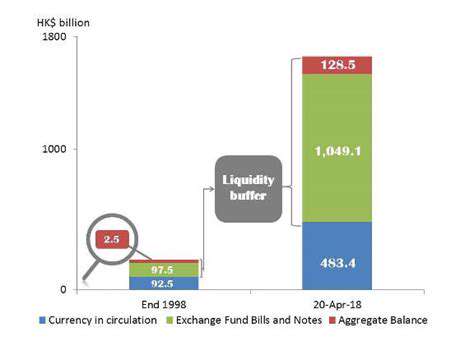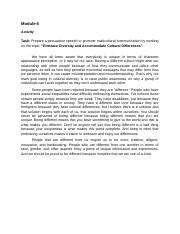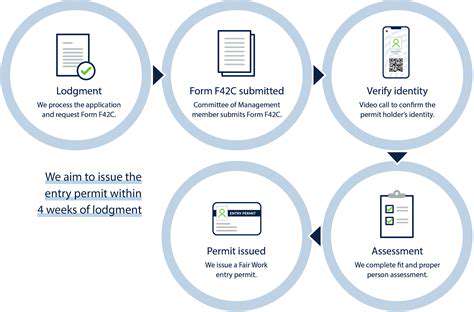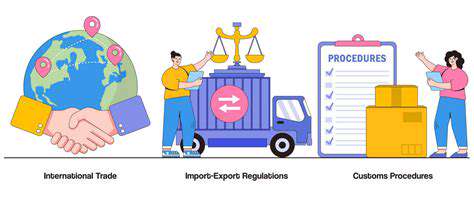Guide to Learning a Musical Instrument Abroad

Living Abroad: Practical Considerations for Musicians
Visa and Residency Requirements
Navigating the complexities of Visa applications and residency permits is crucial for musicians pursuing opportunities abroad. Different countries have varying regulations, and the specific requirements often depend on the musician's nationality, the type of visa they seek (e.g., tourist, work, student), and the length of their stay. Understanding these regulations beforehand is essential to avoid costly delays or complications. Thorough research into the specific visa requirements of the target country is paramount to ensure a smooth and legal transition. Failure to comply with immigration laws can lead to serious consequences, impacting both the musician's ability to perform and their overall stay in the country.
Researching the specific visa options available for musicians in the desired country is vital. Some countries may offer specialized work permits for artists, while others may require a different approach. It's essential to understand the eligibility criteria, required documents, and application procedures to submit a comprehensive and accurate application. Seeking professional guidance from immigration lawyers or consultants specializing in artist visas can provide invaluable support in navigating the process effectively.
Financial Planning and Budgeting
Living abroad as a musician often requires careful financial planning. The cost of living in different countries varies significantly, impacting expenses such as accommodation, transportation, food, and healthcare. Creating a detailed budget that accounts for these expenses, along with potential income streams (performances, lessons, or part-time jobs), is essential for long-term financial stability. This should include a contingency plan for unexpected expenses and potential periods of reduced income.
Exploring potential sources of income beyond performance is a crucial aspect of financial planning. Teaching music lessons, offering workshops, or collaborating with local music venues can generate additional revenue streams. Understanding the local market and exploring opportunities to connect with potential students or collaborators is key to success in this aspect. Ensuring that income streams are properly documented and managed is essential for maintaining financial stability and complying with local regulations.
Accommodation and Logistics
Finding suitable accommodation is a fundamental aspect of living abroad. The availability and cost of apartments, houses, or shared accommodations will vary greatly depending on the location and the musician's budget. Researching different neighborhoods, considering safety and proximity to transportation and cultural hubs, and checking for any restrictions on musicians is crucial.
Understanding the local transportation system is essential for navigating daily life. Whether it's public transportation, ride-sharing services, or personal vehicles, a grasp of the local transportation infrastructure is vital for efficiently reaching performances, lessons, or other commitments. Familiarizing oneself with local regulations regarding parking, permits, or other transport-related requirements is important to avoid potential fines or difficulties.
Networking and Building Connections
Building a strong network of contacts is critical for musicians pursuing opportunities abroad. Connecting with other musicians, local music venues, agents, and industry professionals can open doors to collaborations, performances, and career advancement. Participating in local music events, workshops, and festivals is a great way to meet people and build relationships.
Cultural Sensitivity and Adaptation
Understanding and respecting the cultural nuances of the new environment is crucial for musicians living abroad. Researching local customs, traditions, and etiquette can help avoid misunderstandings and build positive relationships with the local community. Being sensitive to cultural differences in communication styles, social interactions, and personal space is vital for effective integration into the new environment. Developing strong cross-cultural communication skills is essential for navigating everyday life and fostering genuine connections with the local community.










